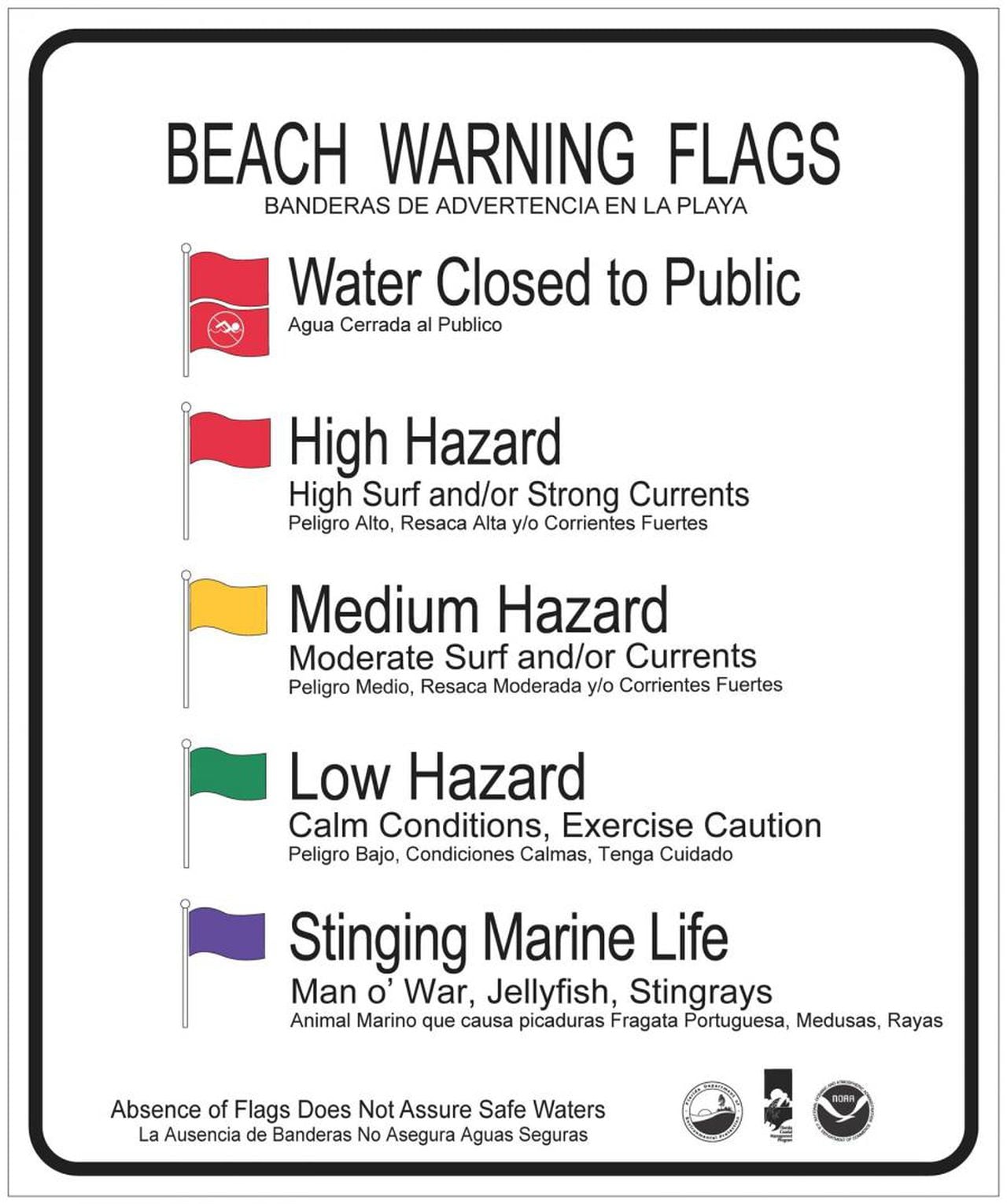Ahead of spring break 2024 onslaught, Gulf Shores, Orange Beach bring in dozens of lifeguards
Come next month, beach communities across southern Alabama and the Florida Panhandle will be inundated with spring breakers and other tourists looking for some fun in the sun.
In preparation for the annual spring break onslaught, beach safety officials are bringing in dozens of seasonal lifeguards to work the beaches.
While the National Weather Service observes Rip Current Awareness Week in the hopes of educating more people to the dangers of entering the water when rip currents are present, those charged with saving beachgoers who disregard the warnings are getting ready.
“We hire 36 (seasonal) lifeguards and we only needed 18,” said Gulf Shores Beach Safety Chief Joethan Phillips. “We’re currently doing our lifeguard training academy and we should get what we need from that.”
Phillips said Gulf Shores has six full-time, year-round lifeguards, including himself. The 36 seasonal lifeguards do not all work every day. Starting pay for Gulf Shores lifeguards is $20 per hour, with additional pay for EMTs, paramedics and returning seasonal lifeguards.
In Orange Beach, Beach Safety Chief Brett Lesinger said they also appear to be in good shape as spring break season approaches.
“Our beach season kicks off March 1,” Lesinger said. “We’ve hired all our returning (seasonal) lifeguards and we need eight more. We’ve got 11 signed up for our training course, so we have more signed up than what we need.”
Orange Beach has three full-time lifeguards, three more who are permanent part-timers, and 26 seasonal. Orange Beach had 17 of last year’s seasonal lifeguards return for this year.
Orange Beach pays its lifeguards $19 to start.
In Panama City Beach, staffing isn’t going as well. According to a report in the Panama City News Journal, only one seasonal lifeguard had been hired as of last week out of 14 positions available. Pay for lifeguards in PCB starts at $17 an hour and goes up depending on experience.
Contrary to the oft-repeated Hollywood image of lifeguards, their job is serious business. Last year, in just one two-week period, 10 people drowned along beaches in Alabama and the Panhandle.
Drownings, in fact, have resulted in the deaths of 231 people on those beaches between 2002 and 2023 — more than hurricanes (31), tornadoes (78), flooding (19) and lightning (46) combined, according to the National Weather Service.
Most drownings involve victims who are non-residents visiting the coastal communities. In the hopes of promoting greater awareness among those visitors, last year Orange Beach and Gulf Shores partnered with local tourism groups to launch the Beach Safe Campaign.
Gulf Shores and Orange Beach are working to educate the public on the beach warning flag system.(National Weather Service)
The campaign includes billboards, a text message system to alert users to the current beach conditions, safety flag logos and videos on rip currents, with those materials also shared with condominium owners and other industry partners.
Phillips said the campaign is continuing in 2024.
“This year, we’re making sure every condo has a beach safety sign at their beach egress,” he said. “In addition, the city passed an ordinance that every south-facing condo on the beach side of the road has to have beach safety materials in their elevators, in the lobby if they have one, as well as the last egress to the beach.”
At the core of that safety campaign is educating the public on the beach warning flag system. Many of last summer’s drownings were blamed on dangerous rip currents. A number of people also had to be rescued from rip currents, which puts lifeguards in danger, as well.
When double-red flags are posted on beaches, the water is closed to the public. Entering the water during those conditions can result in a $500 fine and/or being jailed. Still, people ignore the warnings, Lesigner said, either out of ignorance or defiance. Virtually every one of last summer’s drowning victim’s was a non-resident.
“It’s a double-edged sword,” Lesinger said. “A lot of our local people are fed up with it — you’ll hear them say people should get out of the water. But you never know if (visitors) are truly naive and simply don’t know, or if they’re just being defiant, thinking ‘I’m on vacation. I’m going swimming,’ regardless of the consequences.
Lesinger also said as a general rule they will first issue a warning to beachgoers who have entered the water during double-red flag conditions.
“We’ll politely explain the policy and why it’s important,” he said, “but if they see the same face a second time, that’s when we get law enforcement involved.”
